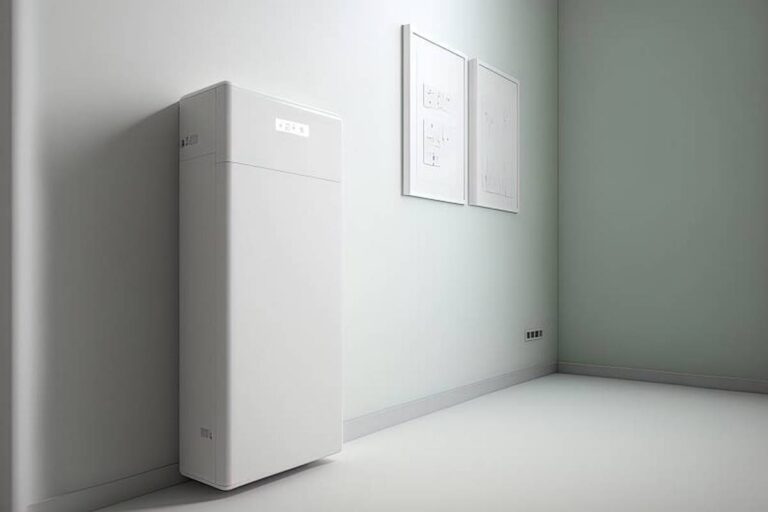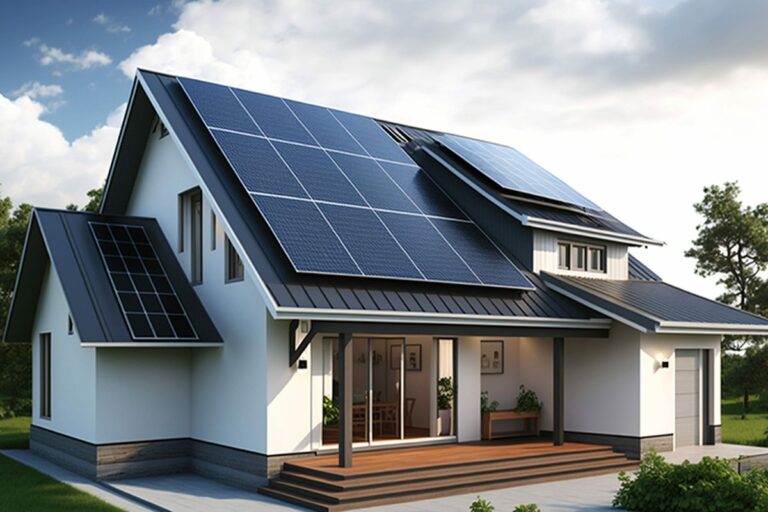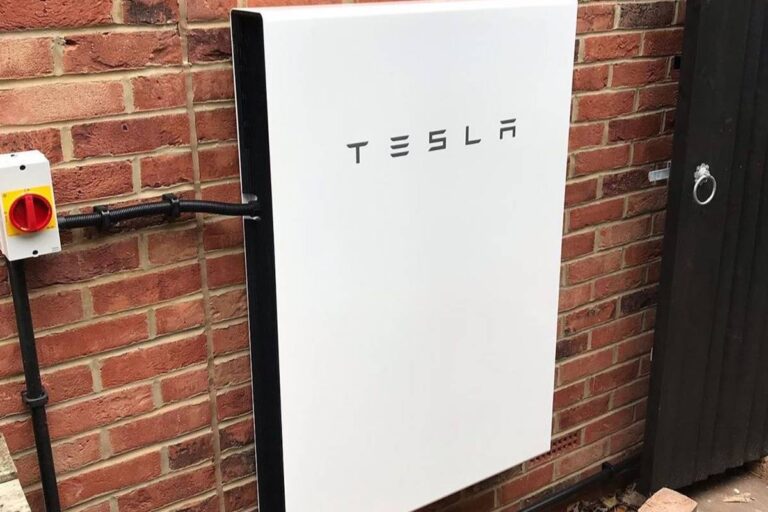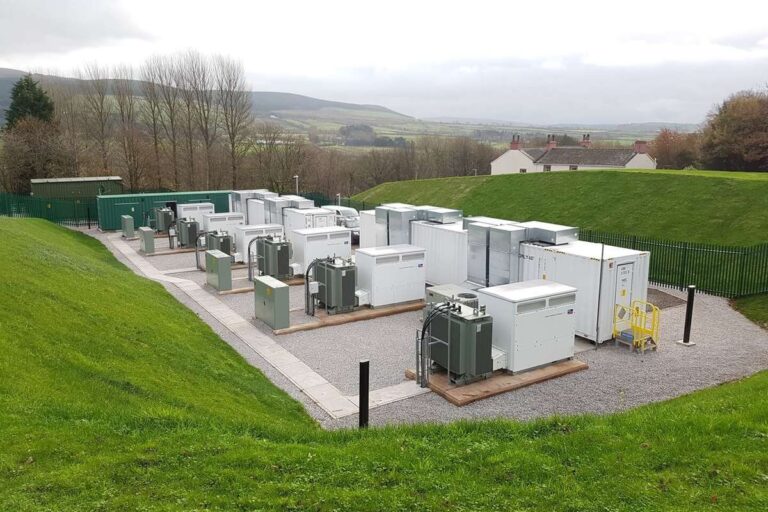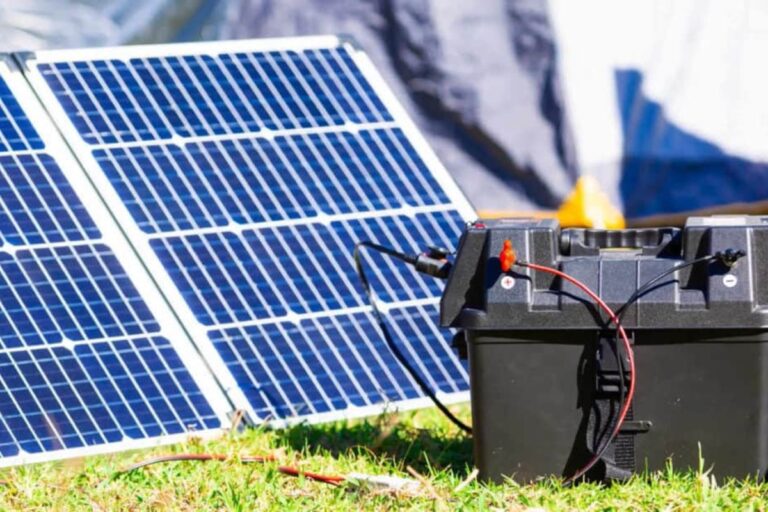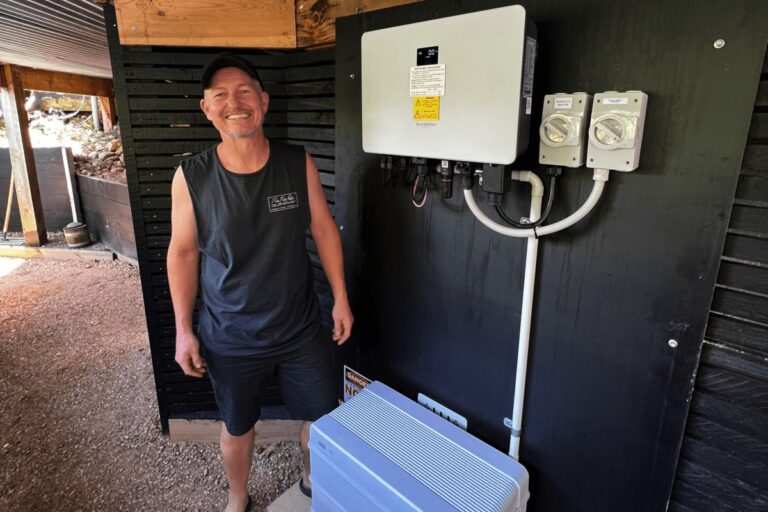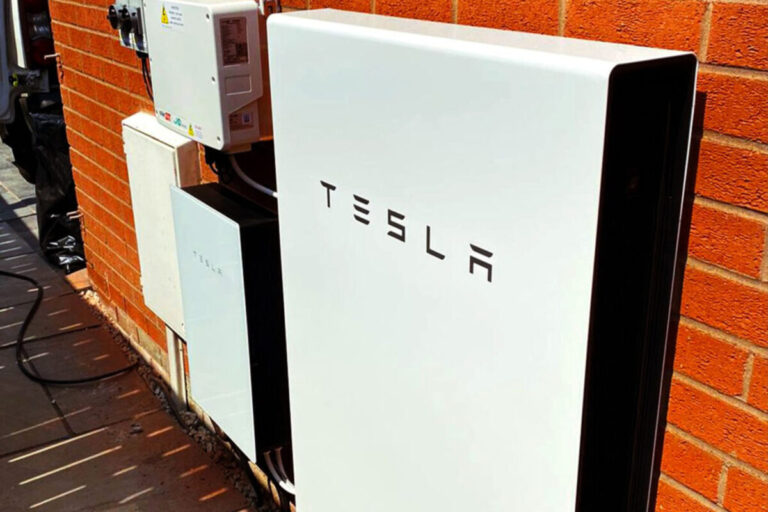Welcome to Battery Storage Home!
Our mission is to empower individuals and businesses with the information and tools needed to seamlessly install renewable electricity solutions and transition to using that energy efficiently to power buildings and vehicles.
Learn More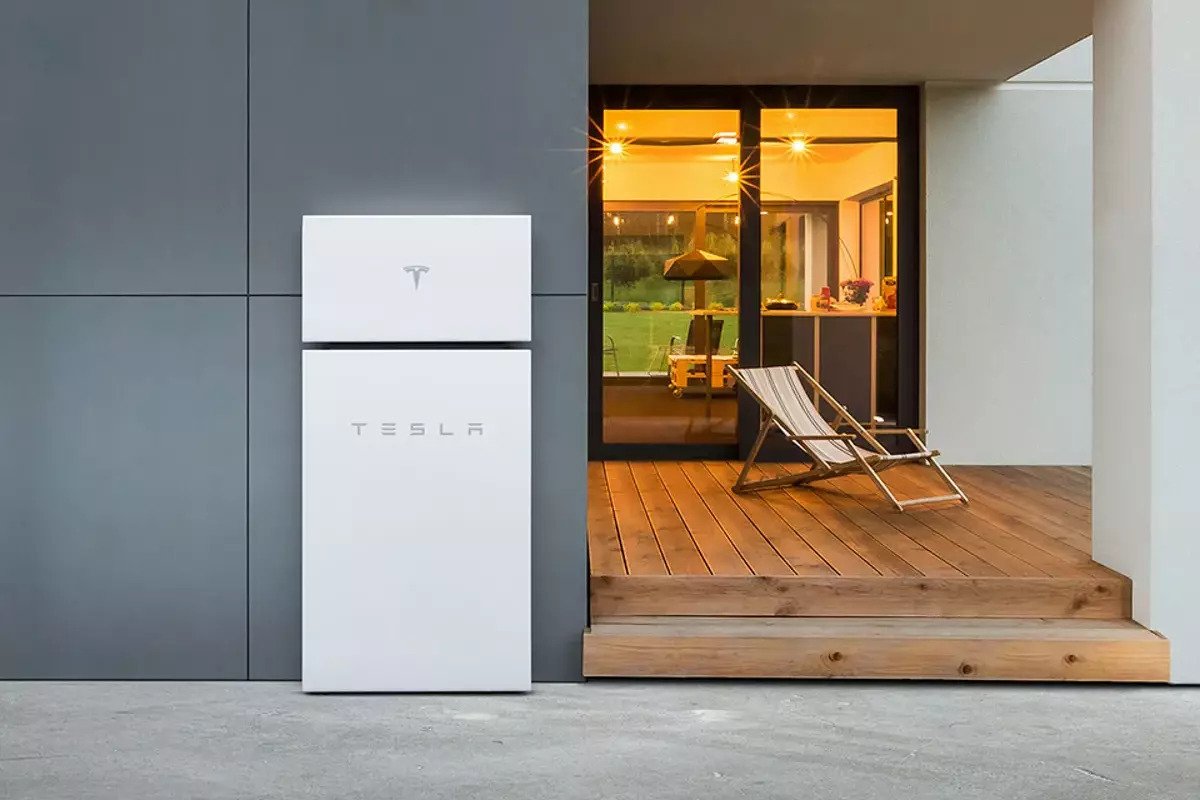
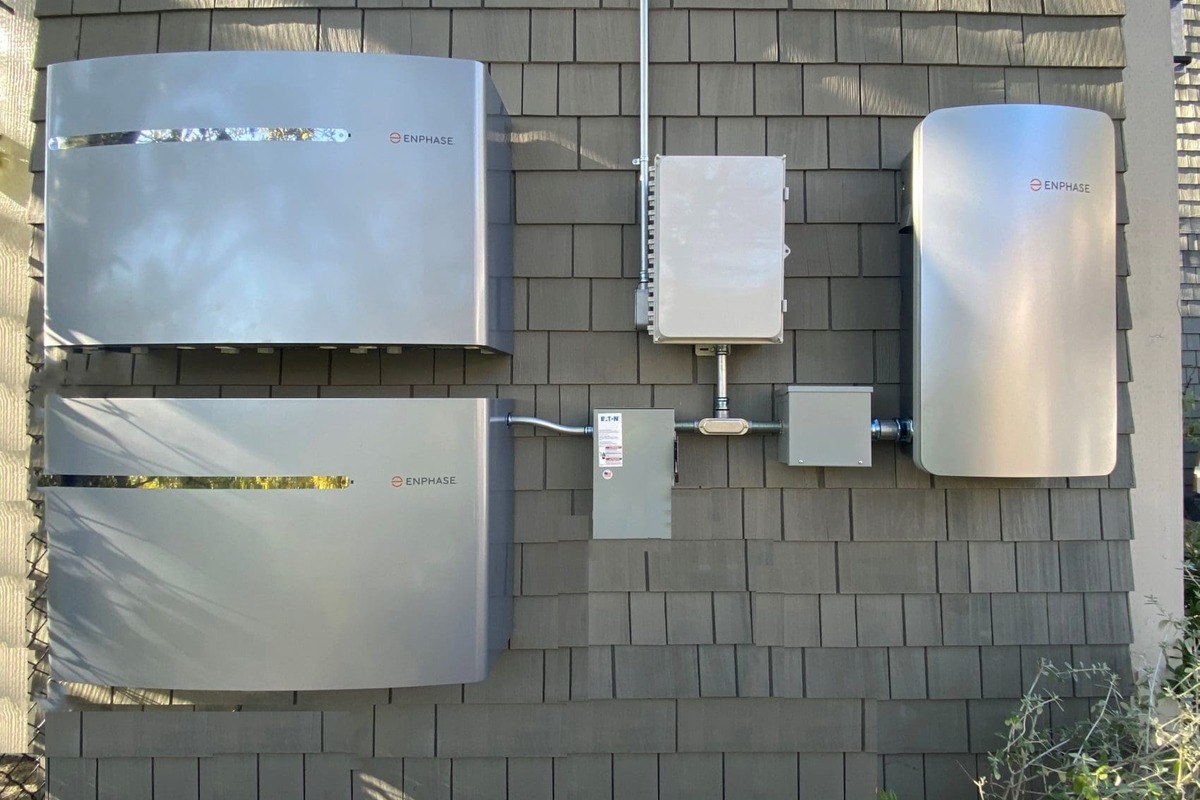
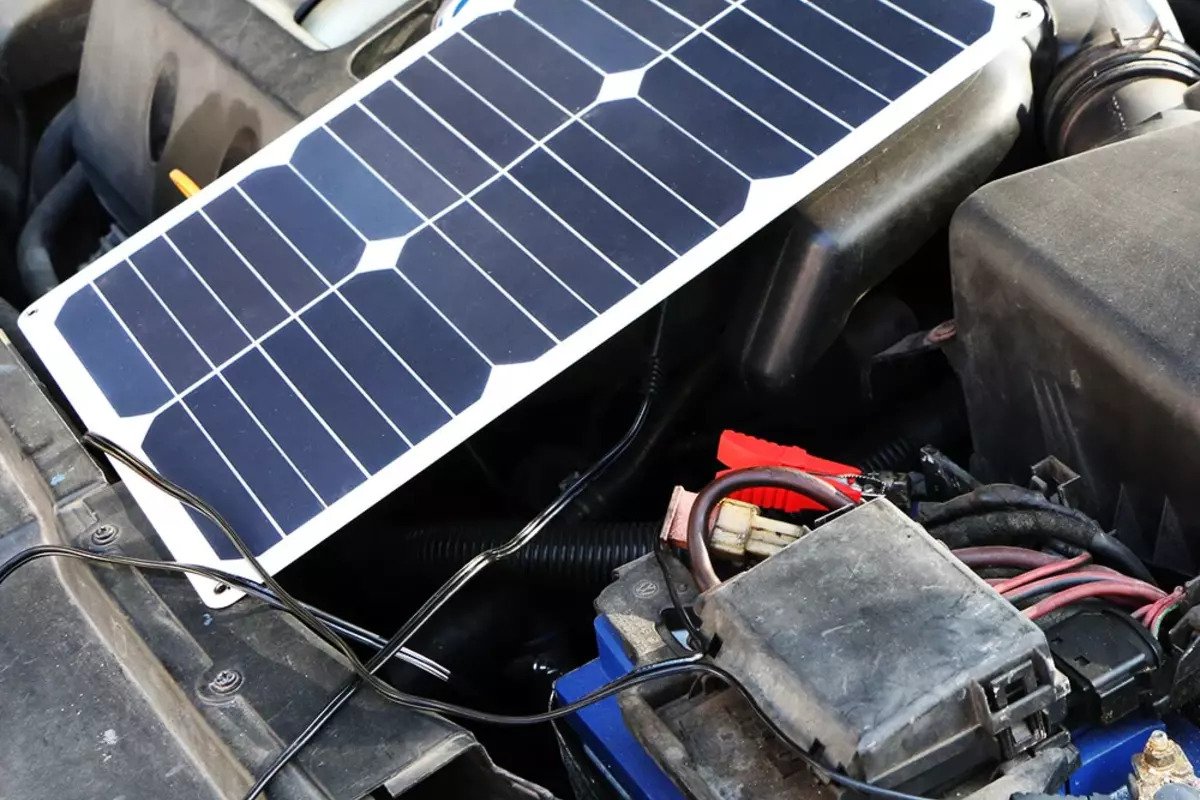
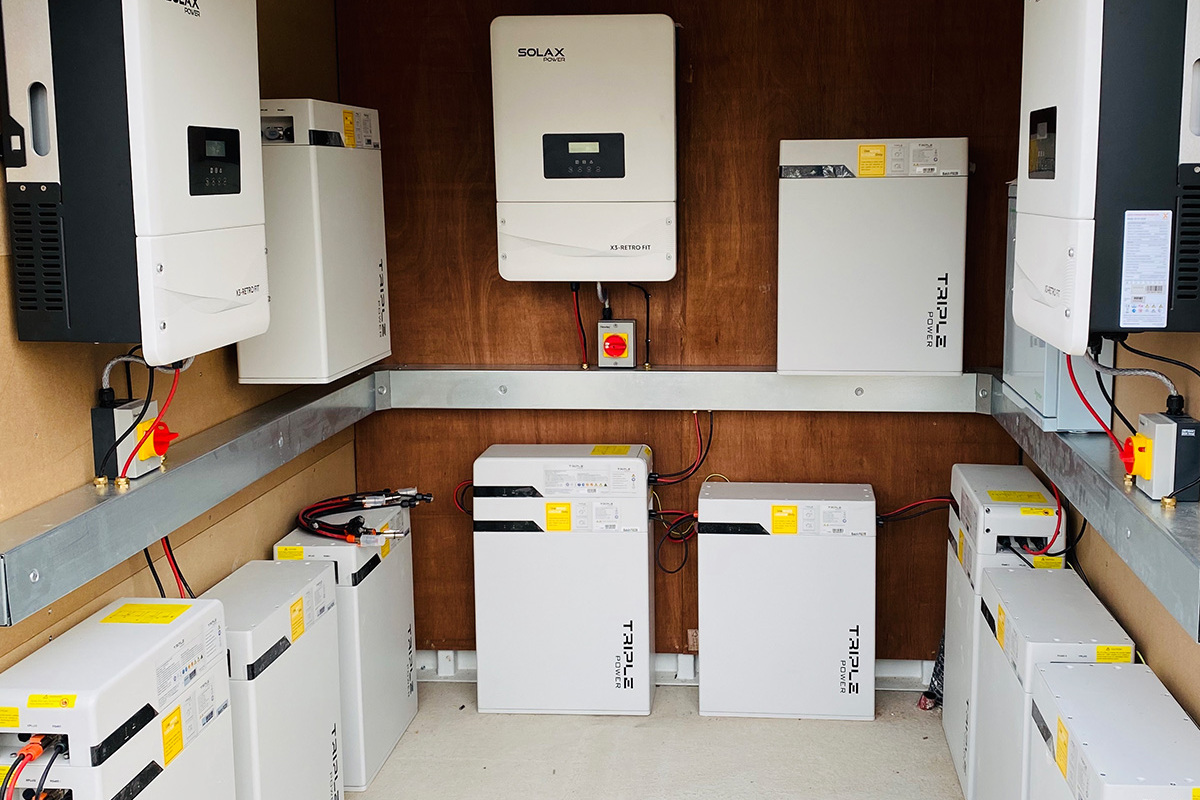
Get A Free Consultation with Our Expert
Consult with Us
Our Services
Contact Section
Battery Storage Home Installer is committed to providing top-notch service and expert guidance for your sustainable energy needs. Get started today!
From Our Blog
DIY Guide to Hooking Up Solar Panels to Your Battery Storage System
Adopting solar energy is an effective way for both homeowners and businesses to cut down on monthly utility bills. Solar installations not only provide on-site power generation but are also environmentally friendly, as they depend on clean solar energy rather than fossil fuels.
However, these advantages are not without conditions.
Maintenance and Upgrades…
An In-depth Review of the Tesla Powerwall and Inverter System
Over the past few years, the global conversation on sustainable energy and self-sufficiency has moved from the periphery to the forefront.
Among the various technologies that are aiming to redefine how we interact with energy, Tesla’s Powerwall and Inverter system has emerged as a frontrunner. With Tesla’s reputation for innovation, high performance, and sleek design, expectations for the Powerwall …
Understanding the Basics of Home Battery and Off-Grid Solar Solutions
The rapid advances in battery storage technology have indeed been a game-changer for renewable energy, especially solar. However, with this surge in interest and options comes a greater need for public education and awareness.
While it’s an exciting time to consider going off-grid or at least reducing reliance on conventional energy sources, the multitude of choices can be overwhelming and sometimes misleading for consumers.
Let’s delve into them a bit further:
…

